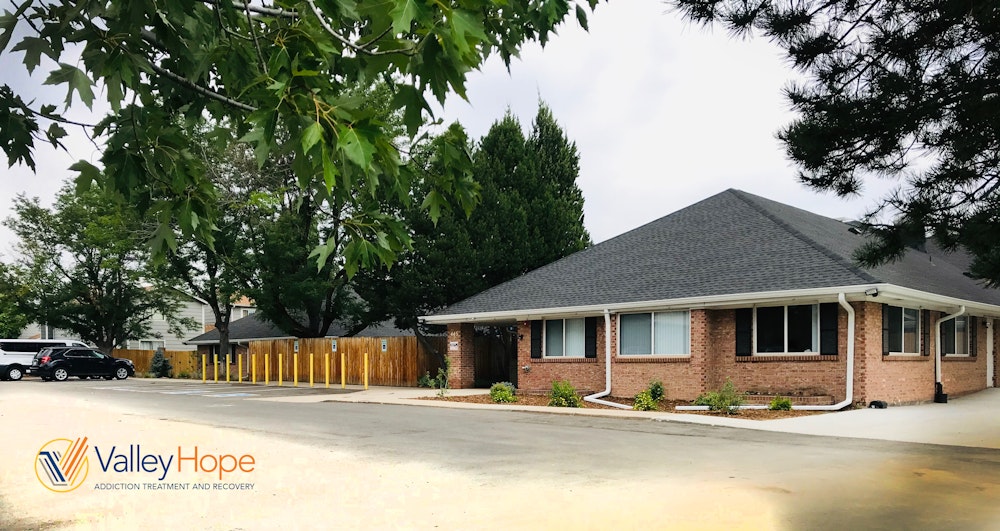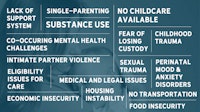
An Interview with Angela Bornemann - Executive Director, Valley Hope of Colorado
Even in the middle of a pandemic, a new connection is available for moms to get care for substance abuse disorders in the Metro Denver area.
New Directions opened in the summer of 2020 with it’s Phase 1 implementation of inpatient care for up to eight women. The goal is to grow to 16 women at capacity, and in a second phase they will add the licensure of a children’s learning center for ages 0-5.
As Angela Bornemann, executive director of Valley Hope of Colorado, explains, “New Directions for Families was a successful program that another provider ran prior to Valley Hope. When that provider shut its doors, the state felt strongly that there would be a service gap in the community, and they wanted another provider to take it over as a program for women and their dependent children up to age 12. It turned out to be a great fit for our mission.”
“We have a strong spiritual component here,” Bornemann said. “It is a part of our history at Valley Hope and we are dedicated to helping patients find their own path to spirituality as part of their recovery. Some of that comes from a 12-step orientation and then builds above and beyond from there.”
When the final phase of New Directions is complete, it will also have outpatient services onsite for women who finish inpatient treatment instead of them being referred to other providers.
“The length of stay in our inpatient program varies,” Bornemann said. “It is based on medical necessity and it depends on how many resources are available to support her when she goes home. Traditionally , 60 days as an inpatient is enough to help a client stabilize and get to outpatient care, but the women we are seeing have multiple systems involved in their lives - including a lack of early intervention and no stable housing in which to return.”
Alcohol is the most common drug of choice for the women seen at New Directions, followed by opioids, meth and other stimulants. And, all of the women treated here are pregnant, or have infants or multiple children.
“One of the most important things for pregnant women is to give birth while in the program. They are able to deliver a substance free baby and bring their infant back here with them – getting support in the earliest days with their baby – which is critical,” Bornemann explained. “This is also a chance for some moms to gain back custody of a child now that they are in treatment. Here, they can recover together with other moms and feel like they are able to build trust in a safe, violence-free and healing environment.”
At New Directions, discharge planning starts from the time of admission, linking patients to other services across the metro area. “There are plenty of resources out there,” Bornemann said. “However, we do need more gender-specific services.”
“It is important to let other providers across the state know that we appreciate the many excellent programs doing similar work,” Bornemann said. “We want to be partners with them as we all work together to take exceptional care of this very unique population. I’m excited for the Tough as a Mother campaign to help get the word out there, to help these moms overcome the feelings of shame and guilt and get them to the point where they will reach out sooner than later to get the help they need.”






